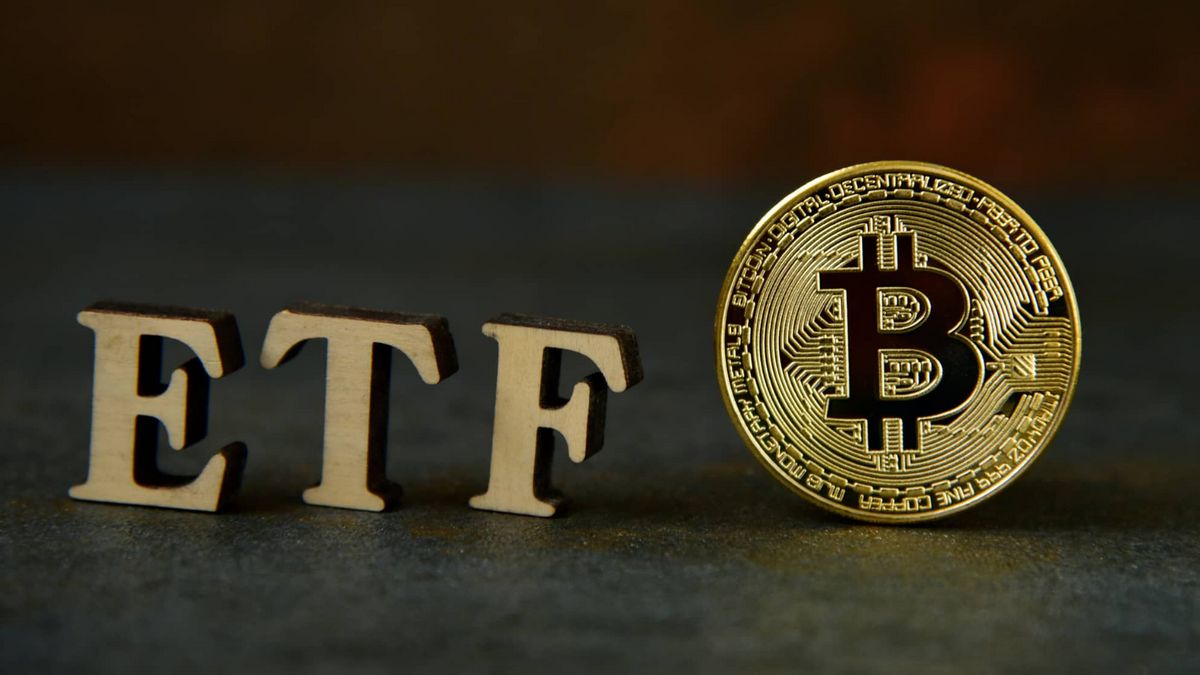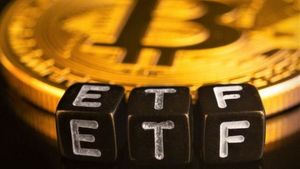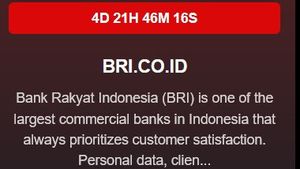JAKARTA - The US Securities and Exchange Commission (SEC) has not yet made a decision on Bitcoin and Ethereum Exchange Trade-Fund (ETF) proposals submitted by two asset managers, namely Hashdex and Grayscale. The SEC takes longer to consider changes to the rules proposed by the two companies.
The SEC has set a new deadline for the decision of ETF Bitcoin Hashdex and ETF futures Ethereum Grayscale on January 1, 2024. Hashdex and Grayscale are two companies engaged in digital assets. Both have submitted the Bitcoin and Ethereum ETF applications to the SEC, hoping to offer investors easier and more secure crypto investment products.
However, until now the SEC has not given approval for the crypto spot ETF, for fear of the risk of market manipulation and security. Hashdex filed a unique Bitcoin ETF app, which won't use Coinbase, one of the largest crypto platforms in the US, as a source of BTC prices and spots. Hashdex will use the physical exchange on the Chicago Mercantile Exchange (CME) to get the BTC spot.
The ETF will also have a mix of spot positions and futures, which aim to increase liquidity and efficiency. Hashdex claims that this method was selected to "avoid potential manipulation of unregulated exchanges."
اقرأ أيضا:
However, the SEC said it needed "sufficient time to consider the proposed rule changes and the issues that arise in them." The SEC therefore postponed the decision on the Bitcoin Hashdex ETF application.
Grayscale filed an Ethereum futures ETF application, which will use an ETH-traded futures contract on CME as a base asset. Grayscale has also filed separately to transform their existing investment product, namely the Grayscale Ethereum Trust (ETHE), into an ETF. Grayscale hopes to offer Ethereum's cheaper and more transparent investment products to investors.
On the other hand, an ETF analyst at Bloomberg, James Seyffart, doubts Grayscale's intention to launch the Ethereum futures ETF. Seyffart calls Grayscale's strategy a "troya horse" to get orders 19b-4 from the SEC, which is the document needed to launch the ETF. Seyffart argues that if the SEC approves the ETF of the Ethereum Grayscale future, it will allow Grayscale to highlight the SEC's inconsistency in deciding between futures and spots.
The English, Chinese, Japanese, Arabic, and French versions are automatically generated by the AI. So there may still be inaccuracies in translating, please always see Indonesian as our main language. (system supported by DigitalSiber.id)
















